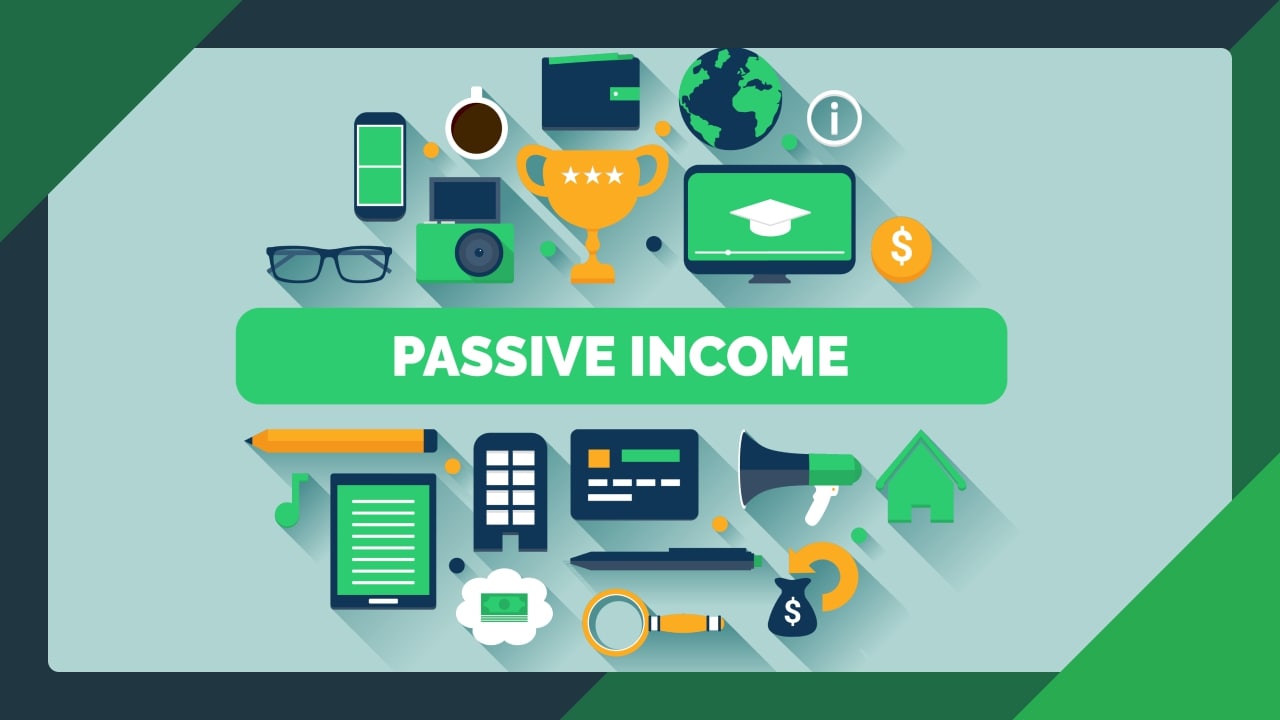UAE: Working in the UAE from Age 15
The gig economy is not only altering the way people work but is also transforming how individuals earn a living, manage their finances, and plan for future financial stability.
While side hustles like ride-sharing and food delivery often grab the spotlight, a quieter shift is occurring through the emergence of passive income streams. These opportunities are changing how people save, invest, and strategize for their financial futures, focusing on generating income with minimal ongoing effort.
The Gig Economy and Its Evolution
The gig economy refers to a labor market made up of short-term, flexible jobs, frequently facilitated by digital platforms. Freelancing, consulting, and project-based work have surged in popularity as technology has simplified the connection between individuals and employers or clients worldwide. Platforms such as Upwork, Fiverr, Uber, and Airbnb have transformed the way people earn money through digital services, enabling workers to capitalize on their skills or assets in ways that were once unimaginable.
In addition to traditional gig work, a notable change is occurring as passive income sources gain traction. Unlike gig work, which demands ongoing effort for payment, passive income allows individuals to earn money with minimal active involvement after the initial work is done. As technology continues to evolve, it has opened the door to a wider array of passive income opportunities.
The Rise of Passive Income Streams
There is a noticeable trend in the growing number of passive income opportunities across different sectors, with more people looking for ways to diversify their income sources. Passive income has become a vital strategy for achieving long-term financial growth. Some of the most popular methods for generating passive income include:
Rental Income from Real Estate – Many property owners are now renting out their homes on platforms like Airbnb, allowing them to earn a steady income without the need for constant involvement. This approach is especially attractive for those who want to make the most of their real estate investments without the time commitment usually required by traditional hospitality services.
Dividends from Investments – Investing in stocks, bonds, or mutual funds can yield regular dividend payments, offering investors a reliable source of passive income. With the advent of robo-advisors and online trading platforms, managing investment portfolios has become easier, enabling individuals to build their wealth over time.
Royalties from Creative Works – Artists, musicians, writers, and other content creators can now earn passive income through royalties. By licensing their creations, they receive payment each time their work is used or sold. This model allows them to profit from their creativity long after the original work is finished.
Earnings from Online Courses and Digital Products – The demand for online learning has skyrocketed, prompting many individuals to create digital products like eBooks, online courses, and tutorials. Once these products are developed and promoted, they can provide a steady income stream with minimal ongoing effort.
The swift evolution of digital platforms and online tools has significantly contributed to the rise of passive income opportunities. The internet, which became widely recognized in the 1990s, established the groundwork for the gig economy and opened up new ways to earn money.
Bas Kooijman, CEO and asset manager at DHF Capital S.A., shared insights with Gulf News regarding the technological advancements that have influenced the gig economy: “The advancement of technology, particularly the rise of the internet, has enabled the gig economy to grow rapidly over the past few decades. Platforms like Upwork and Fiverr have set much of the stage for gig work, while the launch of Uber and Airbnb has further transformed this landscape by offering innovative ways for individuals to monetize their assets or services.”
Kooijman pointed out that this change has not only altered how people make money but has also shifted their perspective on income generation and financial stability. “It’s no longer just about having a job to earn a salary. It’s about building a portfolio of income-generating assets and opportunities,” he noted.
Impact on Financial Planning and Security
As passive income streams gain popularity, individuals are reassessing their financial planning strategies. Traditional methods like fixed deposits and pensions are now being enhanced with more flexible approaches. People are increasingly combining various income sources, such as real estate investments, digital product sales, and stock market dividends, to grow their wealth.
This diversification fosters financial security, as it reduces dependence on a single income source. The ability to earn passively allows individuals to rely less on conventional full-time jobs, granting them greater flexibility and control over their financial futures.
With more people in the UAE and globally adopting the idea of passive income, the gig economy is evolving, providing enhanced opportunities for individuals to earn, manage, and invest their money in creative ways. For many, passive income is transforming from a mere supplementary revenue stream into a fundamental element of financial independence and long-term wealth accumulation.





